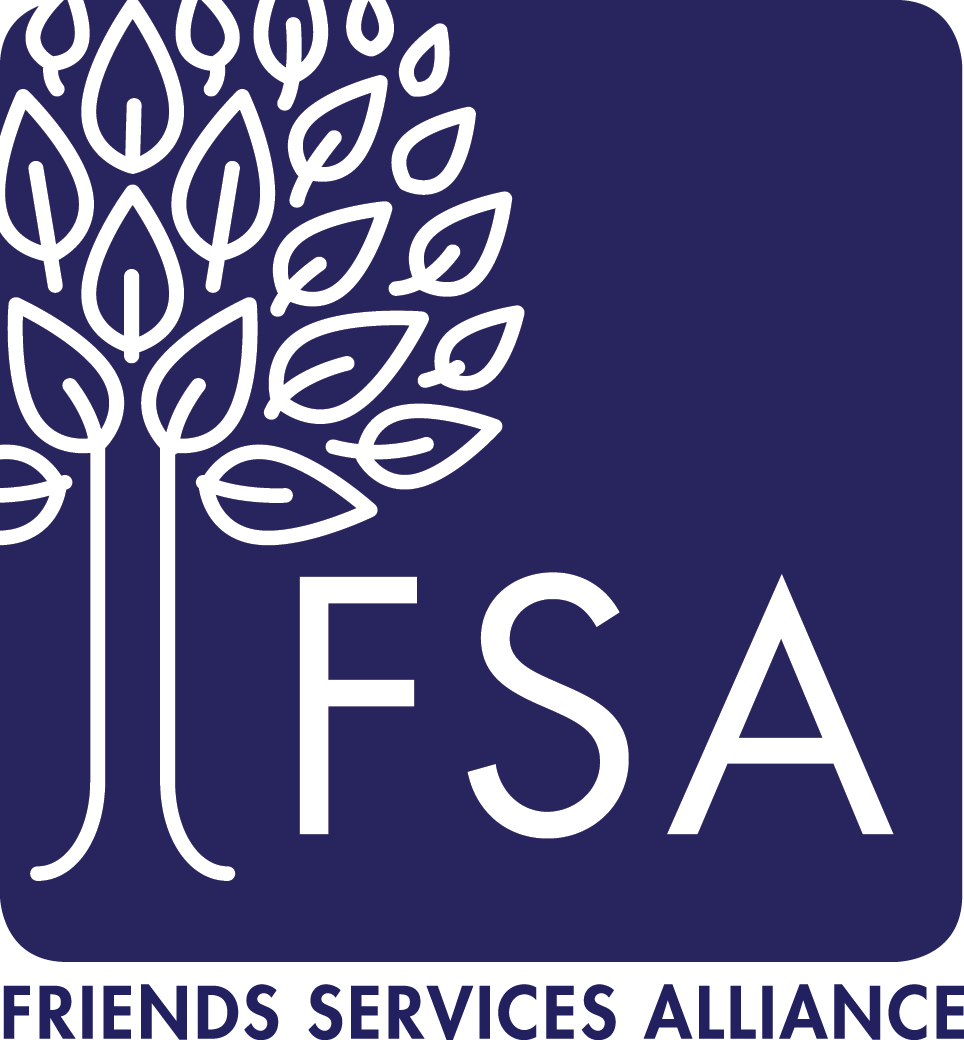● Collaborative Decision Making
Effective collaborative decision-making requires a climate of openness and trust where participants can share their viewpoints without judgment or recrimination, and ultimately support the decision of the group–even if it is not their preference. Leaders of collaborative decision-making must create the conditions in which this can happen, balancing the tensions of individual and group to foster open dialogue and collective support. Mutual understanding of the process among the leader and participants, as well as certain underlying constructs, makes success more likely. This includes understanding the difference between consensus and sense of the meeting. Based in the principles of the Quaker practice of gathering a “sense of the meeting,” this workshop is applicable to a wide variety of groups.
● Introduction to Quakerism
A basic history of Quakerism, its core beliefs, values and testimonies. This information can help employees understand ways in which these values and beliefs are universal; and learn about how Quaker testimonies shed light on Quaker-inspired organizational approaches to our work with the human family, decision-making and problem solving. Participants also learn how Quaker decision-making processes can be used in day-to-day work within their organization.
● Management Workshop Series: Practices for Quaker-Inspired Organizations
The unique culture of a Quaker values-inspired organization calls for a different approach to management. In this three-part series, managers and supervisors from all departments can explore ways to manage within this framework. The program approaches management practices on three levels: building capacity of self; building capacity of others; and building capacity in your organization. Topics include Self-reflection and self-management; coaching; navigating conflict; creating high-performing teams; collaborative meetings; building community and more.
Session 1: Emotional Intelligence
Session 2: Conflict Management
Session 3: Meeting Planning and Team Dynamics

